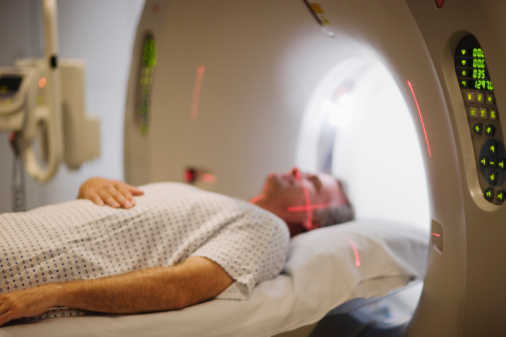
File photo.
Toronto, September 9
In view of the growing demand for developing a "lie detector" test for chronic pain based on brain scans, a task force consisting of researchers from around the world has advised against such a practice because of lack of proof.
"It's not possible at this point in time to say with any degree of certainty that a person does or does not have chronic pain based on brain imaging," said Karen Davis from Krembil Research Institute at University Health Network in Toronto, Canada.
"The only way to truly know if someone is in pain is if they tell you because pain is subjective and it is a complex experience. No brain scan can do that," Davis, who is also a Professor at the University of Toronto, added.
The recommendations of the task force - which consisted of clinicians, brain imaging researchers as well as experts in functional magnetic resonance imaging (fMRI), neuroethics and law - were published in the journal Nature Review: Neurology.
In recent years, advances in brain imaging have led to a shift in understanding of acute and chronic pain and prompted the search for brain-based biomarkers for key characteristics of pain.
However, as brain imaging measures become more acceptable for directing personalised pain management, the demand is also growing for this data to be used for legal purposes, including the development of a potential 'lie detector' test for chronic pain.
"Use of such tools would be inappropriate and unethical," Davis said.
"This technology is not foolproof. There are vast issues of variability between people and even within a person at different times. As a result, brain imaging must not be used as a lie detector for chronic pain," Davis noted.
The task force's recommendations include the suggestion that any brain-based biomarkers should be used only as an adjunct to rather than a replacement for subjective reports of pain, even if testing is improved and valid protocols developed.
The task force hopes the recommendation will be used as a blueprint by healthcare systems, governments and legal policy makers, Davis noted.
"We are working towards biomarkers for chronic pain, but the goal is not as a lie detector test but rather to help provide personalized pain treatment options for patients," Davis said. — IANS



























